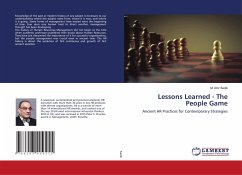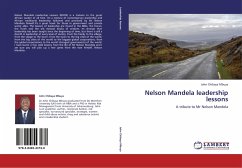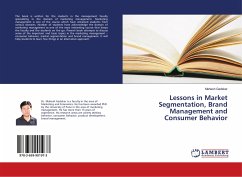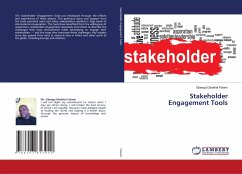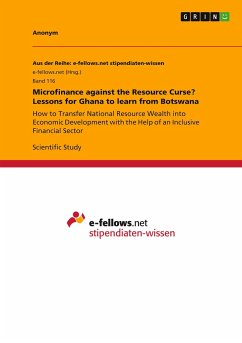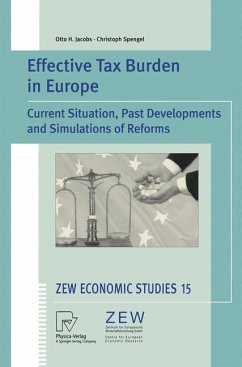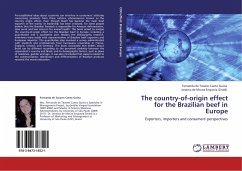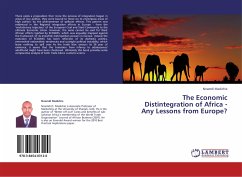
The Economic Distintegration of Africa - Any Lessons from Europe?
Versandkostenfrei!
Versandfertig in 6-10 Tagen
32,99 €
inkl. MwSt.

PAYBACK Punkte
16 °P sammeln!
There exists a proposition that once the process of integration began in areas of low politics, they were bound to move on to encompass areas of high politics by the phenomenon of spillover effects. This pattern was evidenced in the Regional integration efforts in Europe - from the evolutionary trajectory of the European Coal and Steel Community to the ultimate Economic Union. However, the same cannot be said for West African efforts typified by ECOWAS, which was arguably mapped against the framework of its erstwhile metropolitan powers in Europe. Indeed the evolution of ECOWAS has been reflec...
There exists a proposition that once the process of integration began in areas of low politics, they were bound to move on to encompass areas of high politics by the phenomenon of spillover effects. This pattern was evidenced in the Regional integration efforts in Europe - from the evolutionary trajectory of the European Coal and Steel Community to the ultimate Economic Union. However, the same cannot be said for West African efforts typified by ECOWAS, which was arguably mapped against the framework of its erstwhile metropolitan powers in Europe. Indeed the evolution of ECOWAS has been reflective of its domestic politics, entrenched nationalistic tendencies and outright political instability, which leave nothing to spill over. As the trade bloc savours its 36 year of existence, it seems that the transition from infancy to adolescence/ adulthood might have been checkered. Ultimately this book provides some comparative analysis of both trade blocs/ customs unions.



